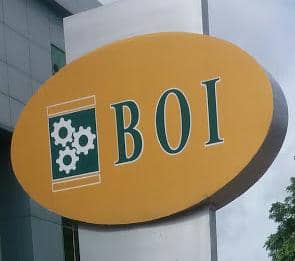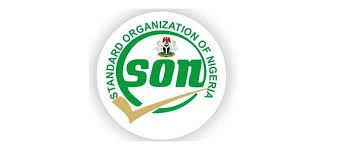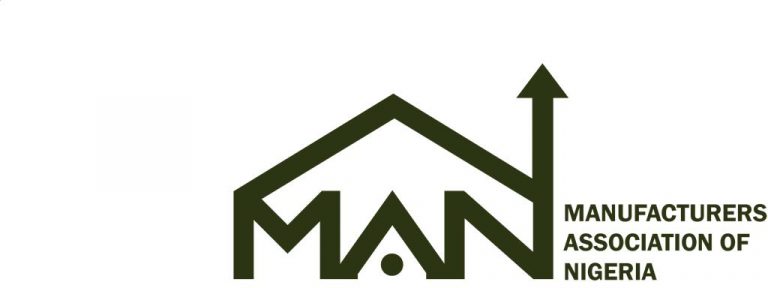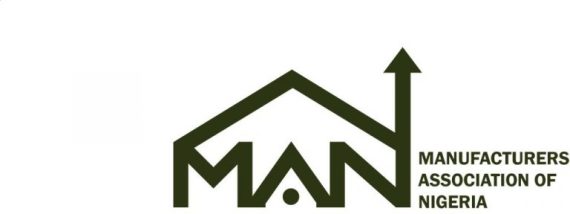The Pulp, Paper, Printing & Publishing Sectoral Group of the Manufacturers Association of Nigeria recorded a surge in local patronage of their products from April to June this year.
MAN, in its just-released Manufacturers CEOs Index for Q2 2024, reported that despite the disruption encountered due to the rise of digitalisation, the Sectoral Group recorded a marginal rise of 0.2 points and a confidence index above 50 points.
The Association majorly attributed the feat to a surge in demand occasioned by the patronage from stationery companies, schools and retailers in preparation for the 2024/2025 academic year.
Meanwhile, the history of the Nigerian paper industry was that of a demonstration by the country’s founding fathers’ vision and exemplary commitment to resource-based industrialisation, backward integration and self-reliance.
This vision birthed a vibrant pulp and paper industry between the late 1960s and early 1990s. These were upstream industries providing the intermediate inputs for the downstream segments of the industry.
Then, Nigeria was even exporting paper products to countries in the West African sub-region and beyond.
The first paper mill, the Nigeria Paper Mill Jebba was commissioned in 1969.
The Iwopin Pulp and Paper Company (IPPC), Ogun State was commissioned in 1975.
The Nigeria Newsprint Manufacturing Company Oku Iboku (NNMC), Akwa Ibom State, was commissioned in 1986.
For several years the Jebba Paper Mill was producing different varieties of paper and corrugated cartons of up to 65,000 metric tonnes annually.
The same was true of IPPC and the NNMC.
These were great successes in backward integration, which made life easy for printing, paper, publishing and packaging companies.
Regrettably, by the early 1990s, all the paper mills have become moribund.
Soon after, these paper mills were privatised, but the situation became worse as the privatisation could not save the situation.
It accelerated the collapse of the mills, with allegations of asset stripping and other adverse developments post-privatisation.
This development made the Nigerian paper industry entirely import-dependent.
This was the beginning of the numerous challenges of the sector, as the industry became highly vulnerable to exchange rate volatilities and foreign exchange market liquidity issues.











